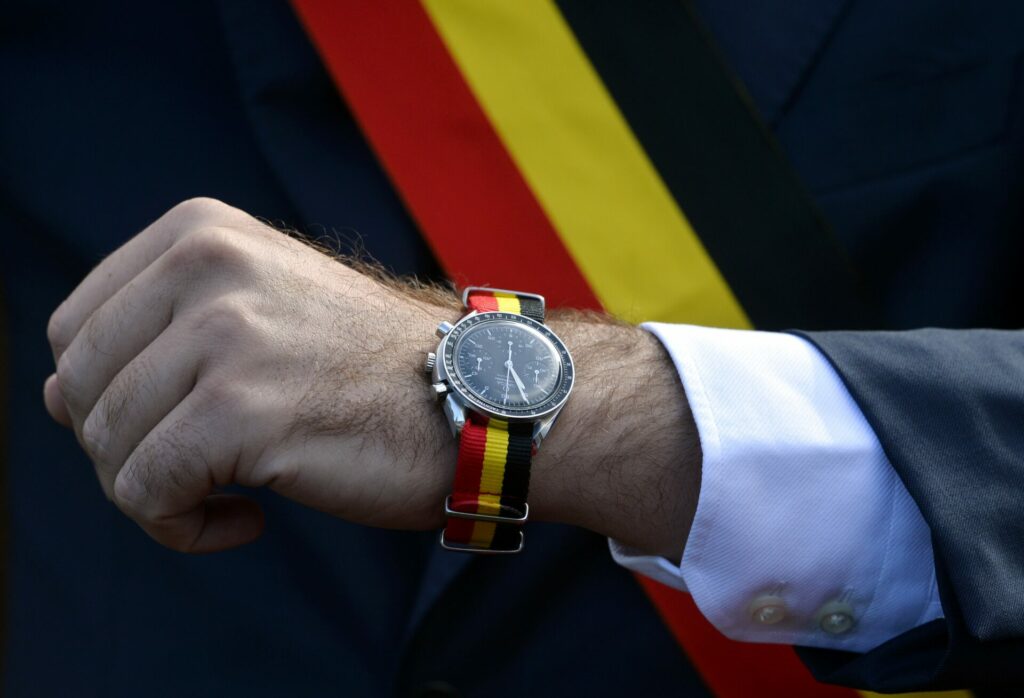While Flemish voters have the option to not vote in the upcoming 13 October elections, Walloon citizens over 18 are required to cast their ballots in the communal and provincial elections.
Local elections traditionally occur on the second Sunday of October every six years. During this time, Belgian citizens over 18—and foreign residents for the communal elections—elect members of the communal and provincial councils.
In southern Belgium, the number of communal councillors ranges from nine in municipalities with fewer than 2,000 residents to a maximum of 55 in cities with over 300,000 inhabitants. Charleroi, the most populated city in Wallonia, has 51 councillors; Liège has 49, Namur 47, and Mons 45.
The new communal councils will be installed on the first Monday of December, which is 2 December this year. On this date, Wallonia will also see the merger of Bastogne and Bertogne.
Since 2006, to give more weight to voters’ choices and to prevent political agreements from affecting results, the candidate who receives the most preference votes from the most popular political list is automatically appointed as mayor in Wallonia. This rule now also applies in Flanders.
According to the Walloon decree of 2005, anyone refusing the mayoral role or resigning during their term cannot serve in the communal college, meaning they cannot become mayor, alderman, or CPAS president. However, a 2012 reform limited this sanction to the top three candidates on the electoral list.
More recently, in spring 2023, Walloon authorities adopted over 300 articles aimed at modernising, simplifying, and digitising the electoral process.
This comprehensive decree, adopted after extensive consultation, introduces several key changes. It includes a new system for appointing electoral office members based on educational qualifications, enhances candidates’ rights for campaign displays, secures proxy voting, and revises the procedure for validating elections by a new Local Elections Council consisting of provincial governors and experts.
Additionally, it regulates campaign spending on social media and simplifies the processes for voter register validation and electoral document logistics. The decree also mandates the widespread use of software to assist in vote counting.
However, the decree does not reinstate electronic voting in French-speaking municipalities in Wallonia, in line with a 2015 resolution by the Walloon Parliament.

